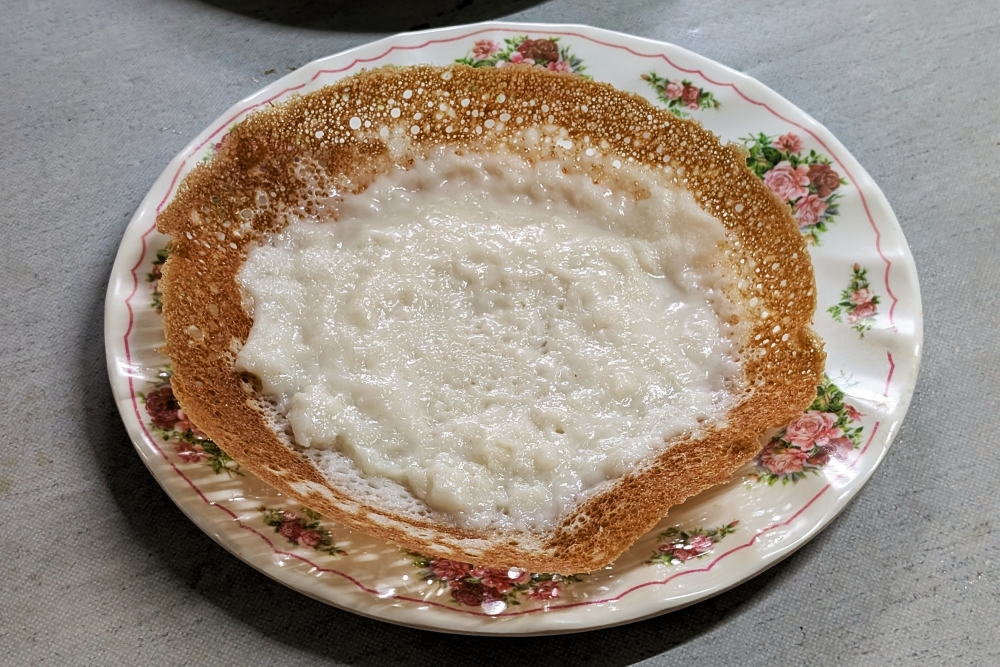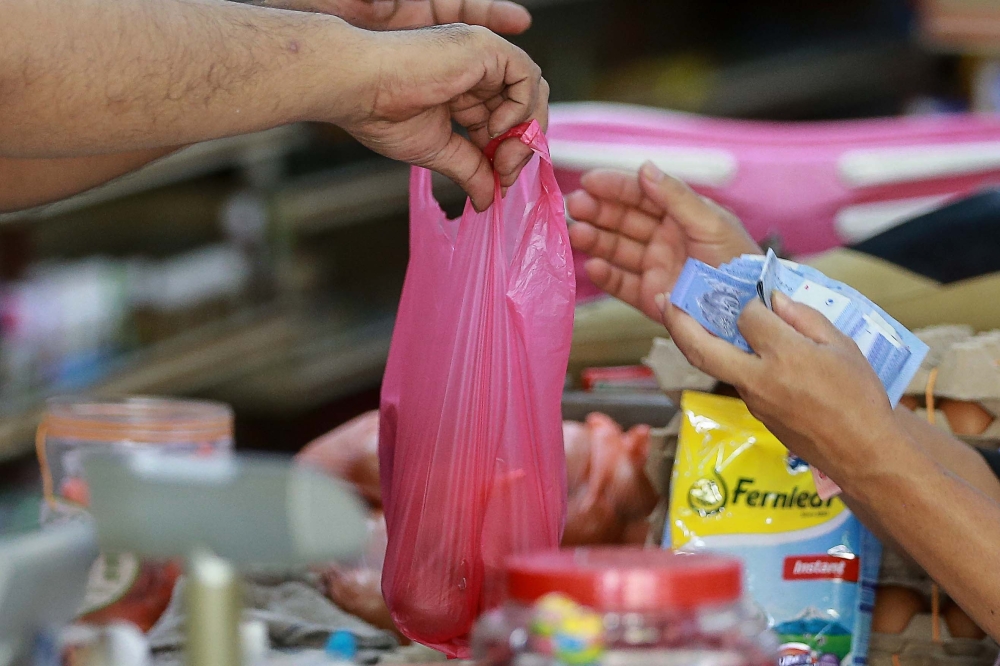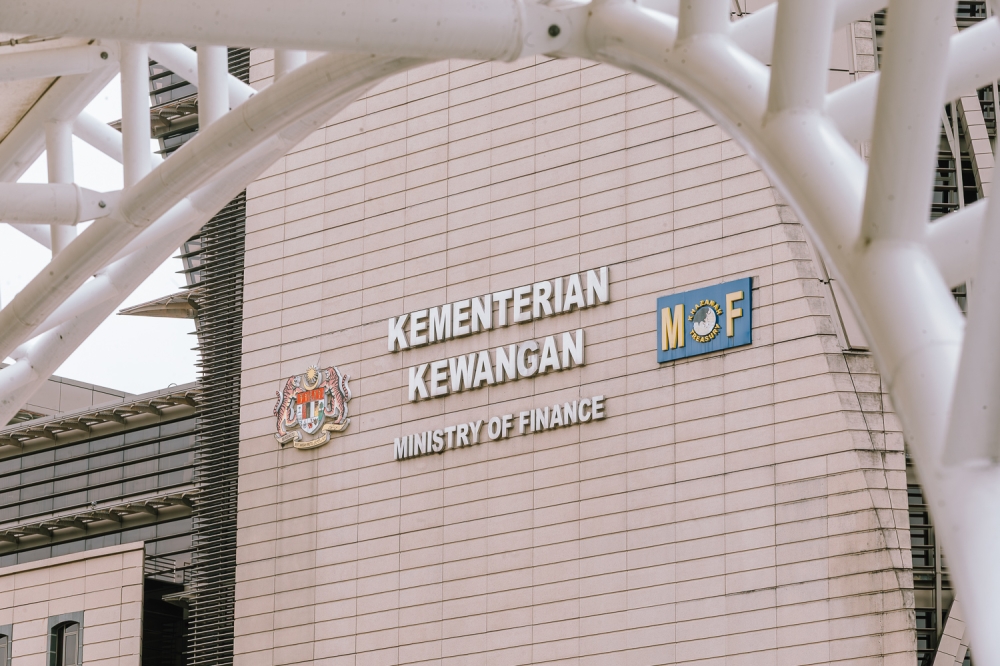KUALA LUMPUR, May 30 — The Ministry of Rural Development has launched an incentive scheme to encourage the cultivation of crops such as corn used as animal in a bid to address rising food prices, said Datuk Seri Mahdzir Khalid.
The minister noted that the Rubber Industry Smallholders Development Authority (Risda) was promoting maize cultivation to help reduce the country’s reliance on imported animal feed.
“We encourage small rubber planters to diversify their planting portfolios instead of relying on rubber plants as the sole source of income,” said Mahdzir after attending a Hari Raya Aidilfiltri open house event at the Risda office here today.
He added programme already started in Perlis since February involved 15 hectares of land and 750,000 maize plants that will produce an estimated 82 tonnes of corn during the July harvest.
“The Risda agricultural and food programme will involve around 1,000 participants this year and each will be given a maximum of RM20,000.
“There are three programme scopes available to apply which are short-term, long-term, and livestock programme.” he said.
Risda chairman Datuk Seri Mohd Salim Mohd Sharif later explained that short-term programme focuses on growing maize plants to provide rubber planters an alternate source of income while their plantations were under restoration.
“We will provide the planters with the seeds and buy the crops from them once it’s harvested,” he said.
Mohd Salim added that the long-term programme focuses on palm oil and rubber plantations while livestock programme focus on growing chicken and beef to meet the local market demands.
At the same time, Mohd Salim also announced that small sized rubber plantations and farmers can now apply for the Monsoon Season Aid (BMT).
“The aid fund involved an allocation of RM191 million specially focuses on planters with a plantation area between 0.1 to 2.5 hectares.
“Applicants will receive the cash aid of RM600 in two stages, which is RM300 in November and another RM300 in December.” said Mohd Salim.
Skyrocketing food and commodity prices have forced the government to respond recently with measures such as eliminating approved permits (AP) for the importation of most food items.
The government has also temporarily banned the export of chicken from June 1 to help stabilise local supply and prices.



















